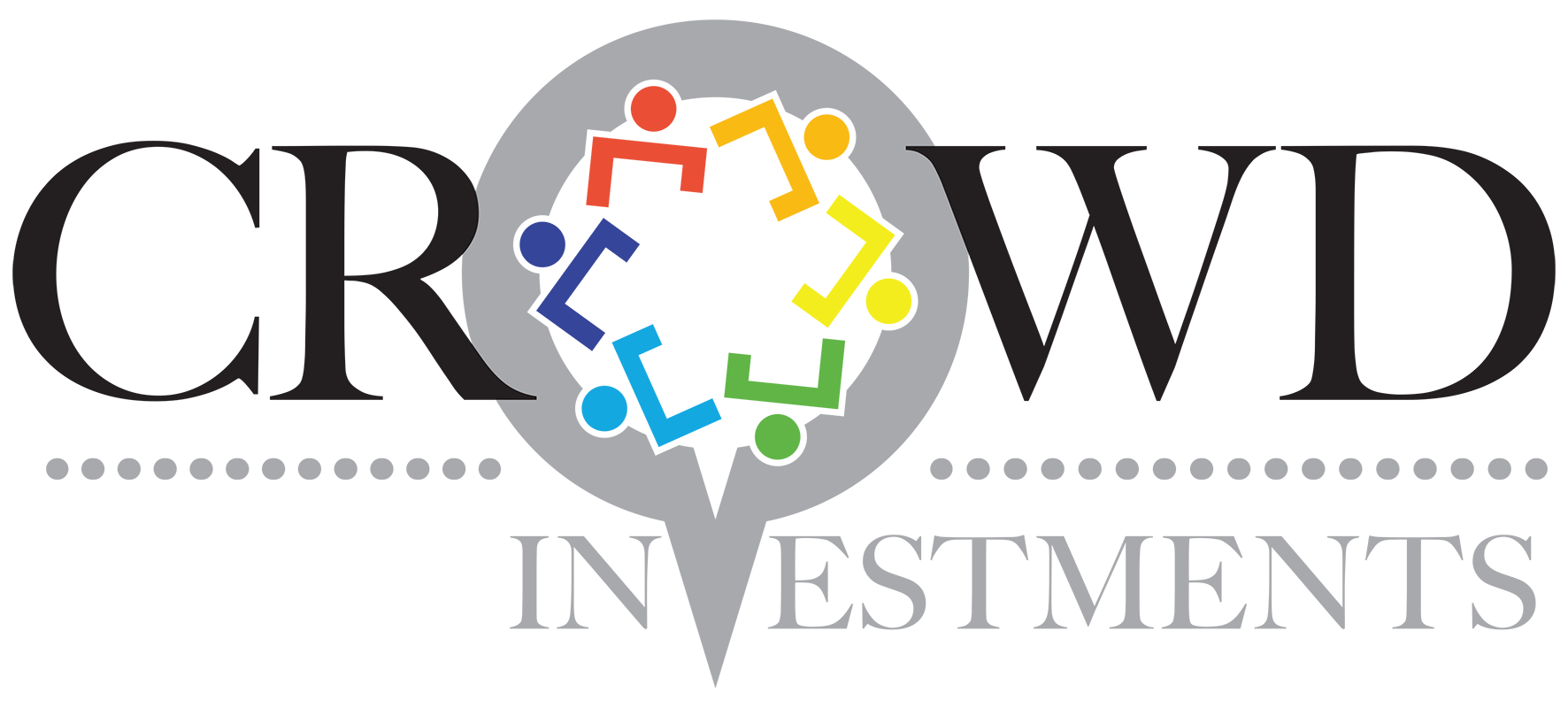The following testimonial is an unedited original and therefore contains some "creative spelling and grammar". Only the name was removed for privacy reasons.
A message of Thanks and Gratitude!
Dear Ms. xxxxxxxxx and Associates!
Hi mam! Thank you very much for the help and assistance extended by you and your associates/partners thru your Financial Firm.
First, your office greatly help our small business which has been our means of livelihood for the last five (5) years.
Summing up your help, and your firms' commitment in helping the small and medium scale business folks, last March our daughter finally graduated (BS Medtech) at the Iloilo Doctor's College (IDC) in Molo, Iloilo City.
She is now preparing for the September MedTech Board Exam.
If not for your firms' help, I know that she will never be able to get hold of her diploma!
Further, I hope your office will continue the simple, yet direct and fast approaches to financial solutions besetting small businessmen, specially the start-up store or medium scale business folks like us who are often victims of "Loan Sharks Capitalist" having/charging mammoth interest in their financing loan terms.
Truly, your firms commitment to help small time businessmen like us, is very commendable. Unlike other financial institutions that has requirements which are very difficult to process or be submitted, for instance rather than submitting a Department of Trade and Industry or (DTI) Permit, your office just require a Barangay Business Permit which is very accessible to secure, especially for folks living in the remote Barangays.
Barangay and Police Clearances are already Okay with your firms, unlike some financial institutions and even government banking arms which require NBI clearance and two valid government ID's.
These two (2) government ID's such as SSS and LTO cards are too "difficult" to be produced by simple folks living a simple lives in far flung Barangays...
Yet, thanks to you mam Charina and to your associates, with your firm's help, my daughter can later on work and also help us.
Finally mam, my personal thanks also.
Without your firms' help last year, I may not be working here in Makati City, since it was your office which in a way "financed" my going here in Manila while applying for work.
I am currently Asset Protection Consultant in a Risk Assessment Solution Firm here in Makati CIty.
Hooray and maraming salamat po!
